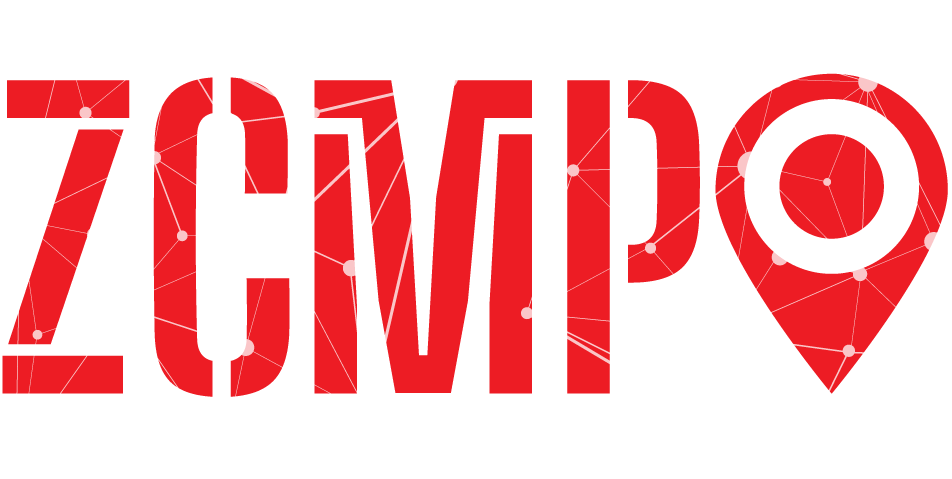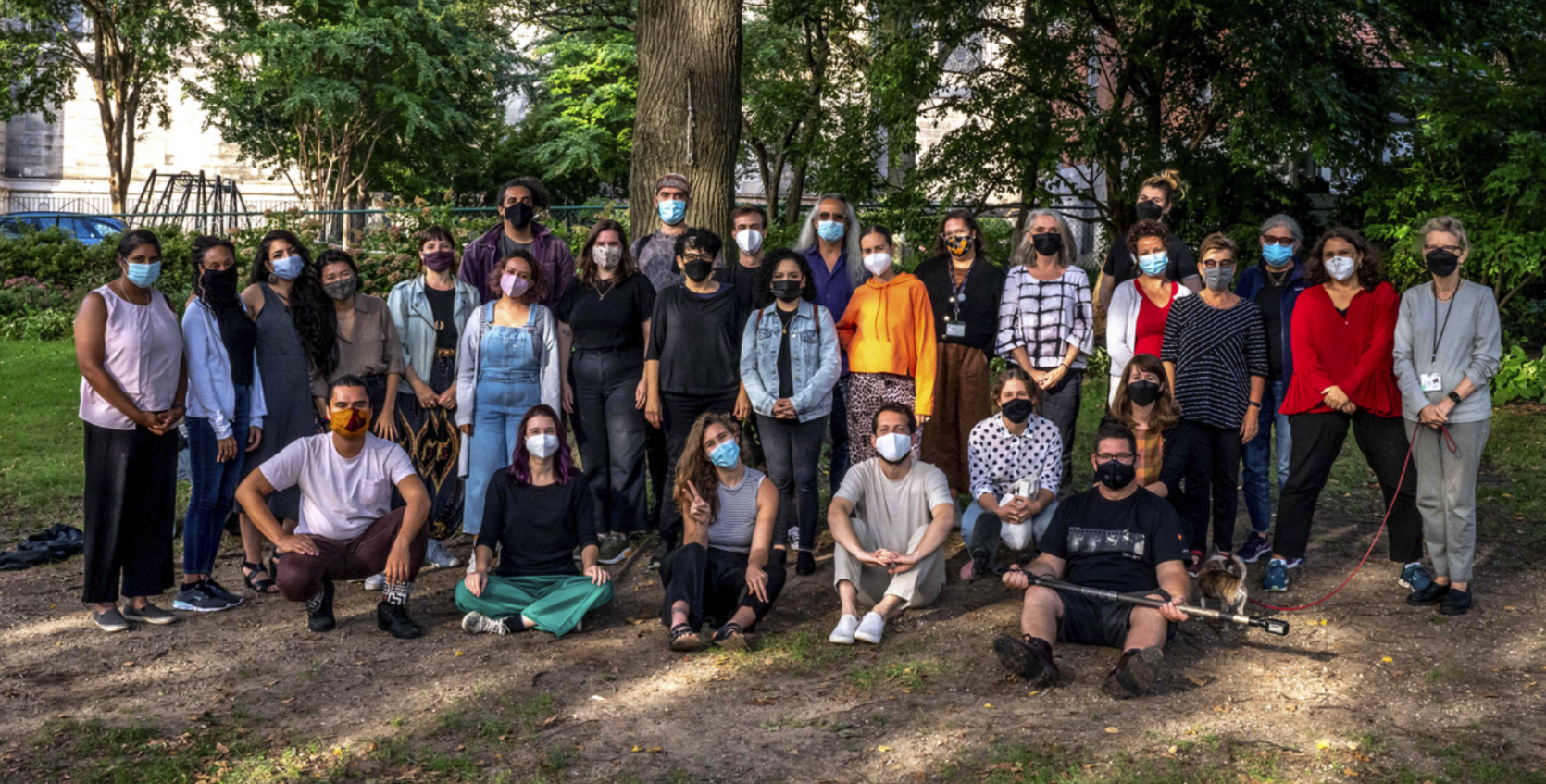The Zip Code Memory Project was an invitation and an experiment. This site offers a glimpse into how a group of New Yorkers worked together to find ways to memorialize the devastating losses resulting from the COVID-19 pandemic while also acknowledging its radically differential effects on Upper New York City neighborhoods.
In the Fall of 2021, after many months of isolation and loss, we invited community members living and/or working in Harlem, Washington Heights and the South Bronx to gather and process the effects of the pandemic. How had it affected our lives? Where, in our bodies, did we carry the uncertainties, anxieties and fears it provoked, the harm we had suffered? We met in the gardens and large safe spaces offered by the Cathedral of St. John the Divine to talk, participate in trust exercises, write stories and poems, make collages and spirit cards together, and try to envision and rehearse better, more just futures. Although the pandemic was still with us, and new variants kept emerging, we kept collaborating to create a space where deep feelings of mourning and loss, of anger at the institutions that had failed us, of fear and of hope, could emerge and be expressed.
“We are all protagonists in this horrible drama,” one participant said. “Every night, I said goodbye to myself.” Through our workshops and conversations, we hoped to build networks of shared responsibility, solidarity, and belonging.
Our roundtable discussions on “Reparative Memory,” “Why Zip Codes?” and “Chronic Lives” brought the inspiring work of memorial artists, demographers and public health experts into our conversations.
As the year progressed and the pandemic again eased, we created Imagine Repair, an exhibition, and an event that included talks and performances. During the performances, we left chairs empty, with the word ¡Presente! on them, holding a place for our dead. In the exhibition, we could listen to the voices and stories of New Yorkers and experience the transformative power of arts of witnessing. The film we created, Together, Not Alone, shows how a group of strangers accompanied each other in the work of remembering and grieving, in momentous and intimate instances of pain and of joy.
In the Fall of 2022 and the Spring of 2023, many New Yorkers were eager to forget about the hardships of the pandemic. Our film, TOGETHER, NOT ALONE offered the opportunity to reflect on what we had learned from our Covid-19 experiences, and how we could do better in the future. Film showings and Talk to the Future performances were accompanied by roundtables and conversations with community partners in a number of venues across the five boroughs. In our culminating gathering at the Forum at Columbia University, ZCMP invited related NYC Pandemic Projects to acknowledge and to celebrate what we all could do when it seemed like there was nothing to be done.
Throughout this site, we keep using “we,” even while knowing that there are many voices, lives, and losses that go into that we––none of them the same. Our hesitations are similar to Fred Moten’s: “I want to say [we] so badly I can taste it, or smell it, or hear it as if it were being whispered in my ear. Do I have to earn that right? Will you grant it to me?…I feel like I feel something with you, even if it can’t be what you feel. I lost someone, too, who was so much and so many more than one.” [See Moten, “Preparing to Imagine”] As Judith Butler puts it, “loss has made a tenuous ‘we’ of us all,” and the act of invoking a “we” is also “aspirational,” “a way of hoping for ‘we’ that does not yet exist.”
This site offers a glimpse into what our small group was able to create during one year of global pandemic. We hope that, along with the many other participatory community projects of care stemming from this period, it contributes to a collective demand for public acknowledgement, justice, and repair.
The Zip Code Memory Project thanks the Henry Luce Foundation for their generous and ongoing support. Thanks to the Center for the Study of Social Difference at Columbia University for offering us our initial grant and to the The Society of Fellows and the Heyman Center for the Humanities at Columbia University for their support and funding.
Additional funding from Columbia School of the Arts; Institute for Religion and Public Life; Yale University Public Humanities; City College of New York Rifkind Center for the Humanities and the Arts; Public Humanities Initiative of GSAS, NYU; Institute of Performing Arts, and Tisch School of the Arts, NYU.
Special thanks to the Cathedral of St. John the Divine for their facilitation and inspirational space that enabled us to envision a healthier, more hopeful future for our communities.
The ZCMP website will be archived at NYU Special Collections.
 Header photo: Desiree Rios
Header photo: Desiree Rios


